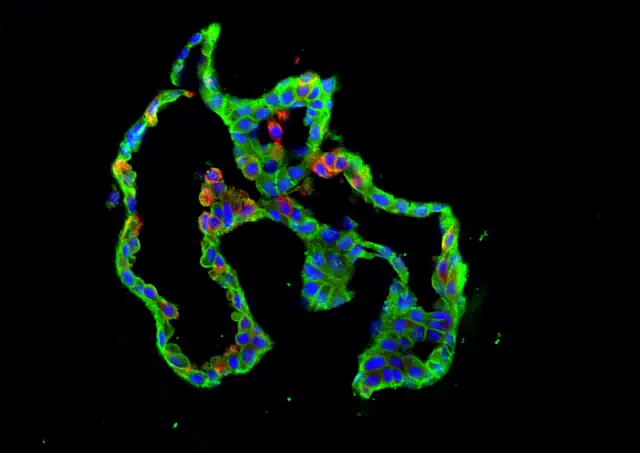May 20, 2022
(LOS ANGELES) – The Terasaki Institute for Biomedical Innovation’s (TIBI’s) new facility in Woodland Hills has begun in earnest. Workers have installed new plumbing underneath the building and have reinforced the historic building’s 50-year-old structure. They’ve also laid down a new roof, replaced existing glass-front walls, and are working on new skylights and an elevator pit.
In order to minimize vibration in the facility’s second-floor laboratories, the second story was shored up with steel-beamed supports and framing for some of the internal walls have already gone up. In addition, the building’s electrical and heating/cooling/ventilation systems are being installed.
The remaining work will take an estimated time of six months to complete, at which time TIBI employees, along with much of their equipment and supplies, will move from their current West Los Angeles facility to Woodland Hills.

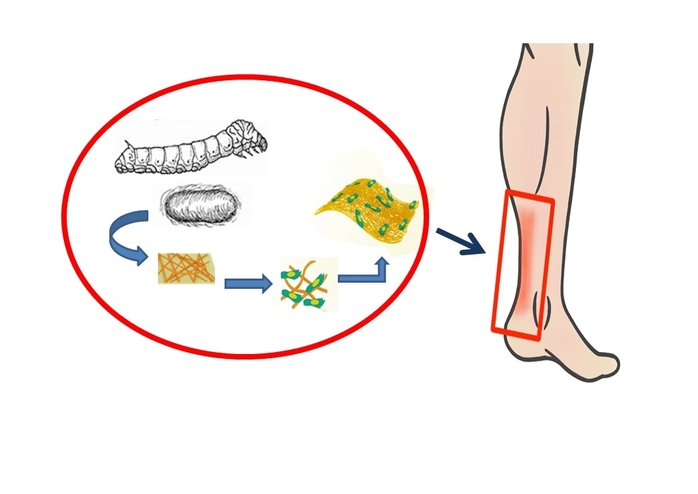
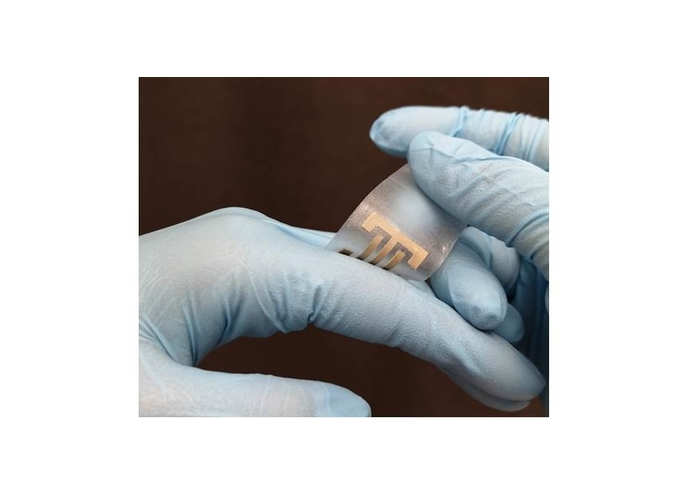
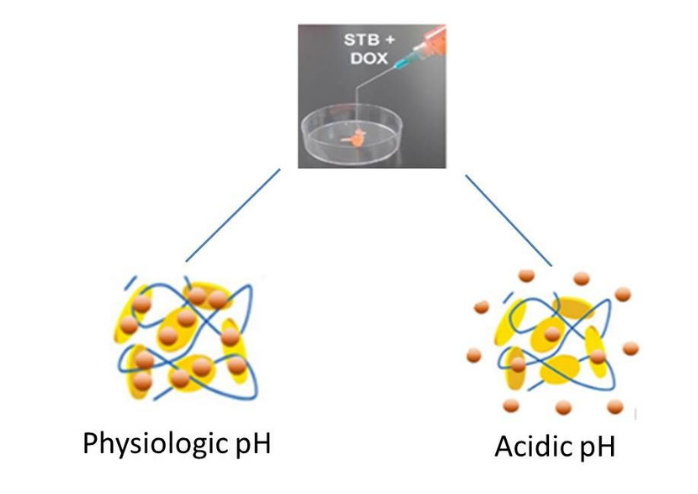
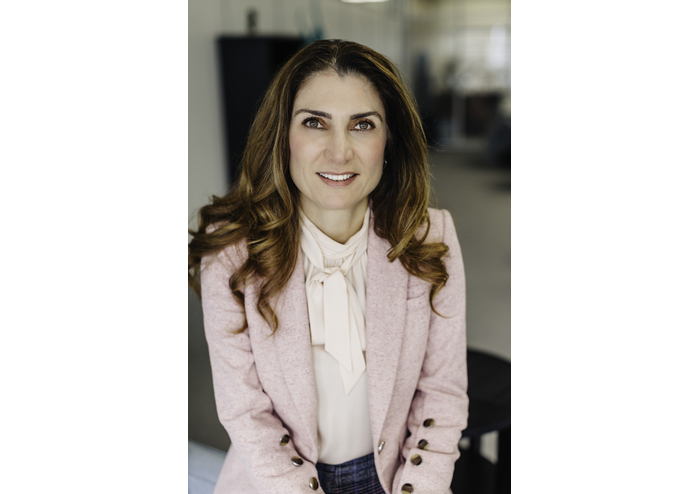
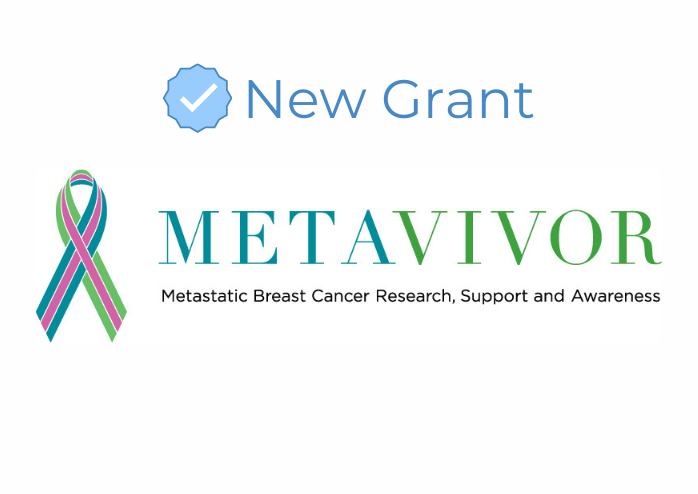
.png)
